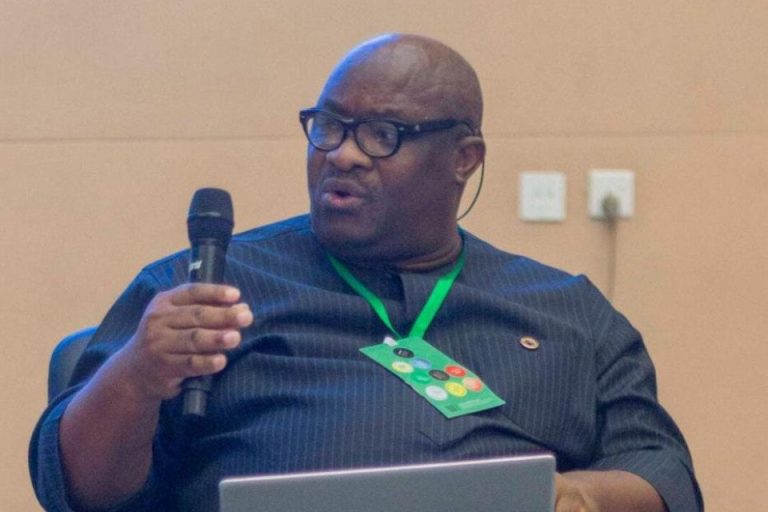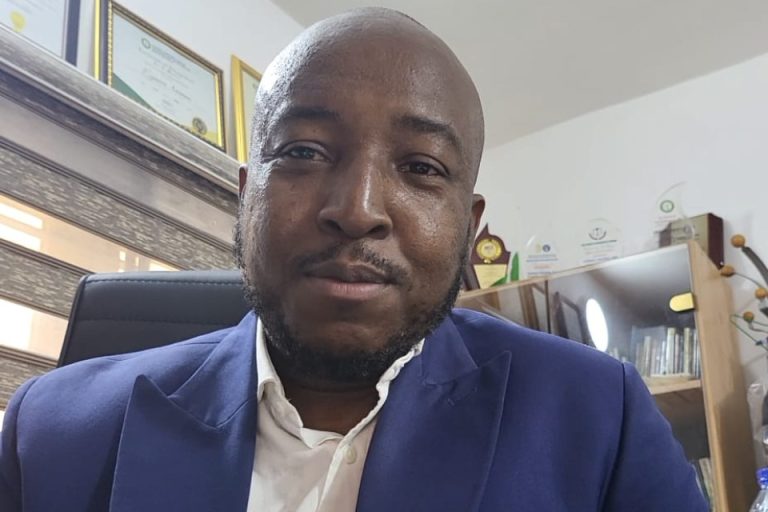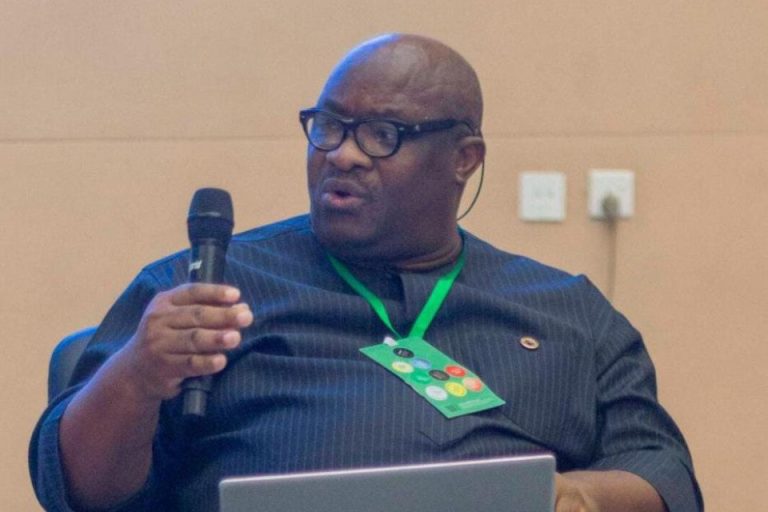Media Rights Agenda (MRA) has joined over 200 prominent figures and organisations from around the world, including 10 Nobel Prize winners, to issue an urgent call on Governments to act decisively and adopt a binding international agreement to check the “unprecedented dangers” posed by Artificial Intelligence (AI), with robust enforcement mechanisms, which should be operational by the end of 2026.
Internationally renowned journalist and Nobel Peace Prize laureate, Maria Ressa, announced the letter in her speech at the opening of the 80th United Nations General Assembly’s High-Level Week at the UN headquarters in New York on September 22, 2025.
Endorsed in his individual capacity as well as on behalf of MRA by its Executive Director and member of the Freedom Online Coalition’s (FOC) Advisory Network, Mr. Edetaen Ojo, other signatories to the “Global Call for AI Red Lines” include former President of Ireland and former UN High Commissioner for Human Rights, Mary Robinson; former President of Colombia, Juan Manuel Santos, who was awarded the Nobel Peace Prize in 2016; former Prime Minister of Italy, Enrico Letta; former Governor of Argentina, Gustavo Béliz; and Mr. Gbenga Sesan, Executive Director of Paradigm Initiative and member of the UN Secretary-General’s Internet Governance Forum (IGF) High-Level Leadership Panel.
Other signatories include: the 77th President of the UN General Assembly, Csaba Kőrösi; Adetola A. Salau, Special Adviser to Nigeria’s Minister of Education; Ms Ressa and other Nobel Laureates Geoffrey Hinton, Jennifer Doudna, and Joseph Stiglitz; as well as Turing Award winners Yoshua Bengio and Andrew Yao, along with more than 70 organizations; serving and former members of parliaments, government ministers, scientists and industry experts from different parts of the world.
The organisers said the launch of the campaign at the UN is the first step in a wider effort to engage diplomatic and scientific communities in establishing clearly defined and enforceable red lines for AI.
The signatories noted in the call that “AI holds immense potential to advance human wellbeing, yet its current trajectory presents unprecedented dangers,” expressing concern that “AI could soon far surpass human capabilities and escalate risks such as engineered pandemics, widespread disinformation, large-scale manipulation of individuals including children, national and international security concerns, mass unemployment, and systematic human rights violations.”
According to them, “Some advanced AI systems have already exhibited deceptive and harmful behaviour, and yet these systems are being given more autonomy to take actions and make decisions in the world. Left unchecked, many experts, including those at the forefront of development, warn that it will become increasingly difficult to exert meaningful human control in the coming years.”
The signatories stressed that Governments must act decisively before the window for meaningful intervention closes and that an international agreement on clear and verifiable red lines is necessary for preventing universally unacceptable risks.
They suggested that the red lines should build upon and enforce existing global frameworks and voluntary corporate commitments, “ensuring that all advanced AI providers are accountable to shared thresholds.”
The signatories urged “governments to reach an international agreement on red lines for AI — ensuring they are operational, with robust enforcement mechanisms — by the end of 2026.”





